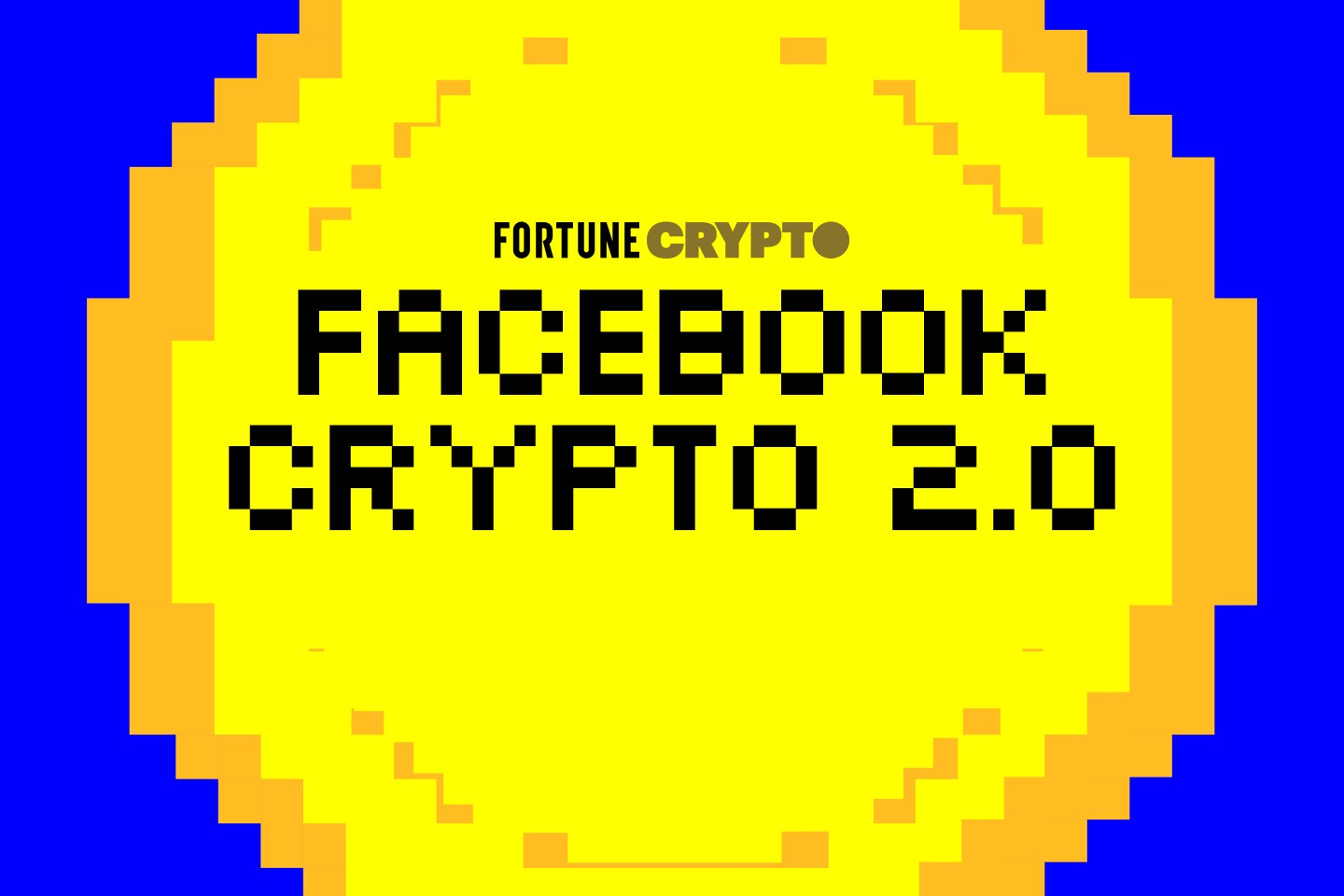What would you do differently if given nearly $1,500 every month for three years, no questions asked?
That’s the question German researchers will now put to a group of 122 people selected largely by random from over two million applicants across the country, as part of the first long-term empirical study examining universal basic income (UBI) for the middle class.
To more accurately reflect political realities, the group is split roughly evenly between those in favor of such a policy and those who disapprove. A further 1,378 individuals will also participate as a control group to factor out aspects like change in employment that may be a result of prevailing economic conditions.
“We aim to find out whether paying people more than the existential minimum might result in useful and productive activities for society as a whole, or whether the counter argument is true and people spend their time relaxing in the hammock,” said Jürgen Schupp, responsible for the project at Berlin’s economic think tank DIW, in an interview.
Not focusing on need
Why the study is mainly a behavioural experiment that does not examine the fiscal feasibility of UBI, he argued there were instruments that could help finance such a plan. These range from draining tax oases to imposing a Tobin tax on finance speculation or redistributing revenue from levies on CO2 emissions.
To fund this study, roughly 181,000 private individuals donated the nearly 5.2 million euros ($6.4 million) needed for the experiment to ensure political objectivity.
The revolutionary concept of a UBI, defined by the World Bank as a universal cash payment to all citizens regardless of their needs, has captured imaginations amid tectonic shifts in society.
It underpinned the U.S. presidential campaign of Andrew Yang and has received support from people as diverse as Tesla CEO Elon Musk and Pope Francis.
Ever since the new White House administration began doling out $1,400 stimulus checks to Americans in an attempt to ameliorate the economic aftermath of the pandemic, political divisions over the role of the welfare state in the country have become further entrenched.
Speaking to Fortune, Schupp said the debate warranted a rigorous scientific analysis, in part because entirely new thinking is required anyway to manage the transition to a world where limited resources mean infinite economic growth is no longer feasible.
Numerous studies have also been conducted on the subject, including in Finland. What makes the current study unique is its departure from the traditional focus on people in need.
“Since basic income is not designed to be emergency aid but a universal investment in the development of the overall society, we want to research its impact on the middle class,” said Michael Bohmeyer, initiator of the pilot project and campaigner for UBI, in a statement on Tuesday.
Avoiding influence
Conducted along with a German advocacy group that helped raise the necessary funding, it also enlists researchers from the University of Cologne and the Max Planck Institute.
To maximize the study’s scientific relevance, only middle-income bracket individuals between 21 and 40 years old living in one-person households were selected from the flood of applications, with the final group then narrowed down by lottery.
“Crucial life changing decisions are made at this age. We’re interested in learning how a universal basic income would affect them,” said Bohmeyer.
To better guarantee the study’s scientific integrity, the team will largely limit their interaction with the 122 test subjects to a series of semiannual questionnaires so as to avoid unintentionally influencing their decisions.
Schubb said he was concerned by the pandemic further exacerbating underlying social trends. Automation is expected to eliminate millions of low-skilled jobs in the future, the gap between rich and poor continues to widen and fewer and fewer workers will end up financing the retirement pensions of their elders, he said.
Europe, famous for its generous safety nets, has been spared the worst of the surge in joblessness due to strict laws that prevent America’s “hire-and-fire” labor practices.
Nevertheless, the self-employed and gig economy workers were largely left to their own devices and Schub pointed to the destabilizing effect of mass homelessness and tent cities springing up in the U.S. on the broader political situation.
“If this becomes a mass phenomenon, then this could rock the foundation of our society,” he said. “A basic income could alleviate fears in the population and contribute to a transformation that is peaceful and democratic.”












